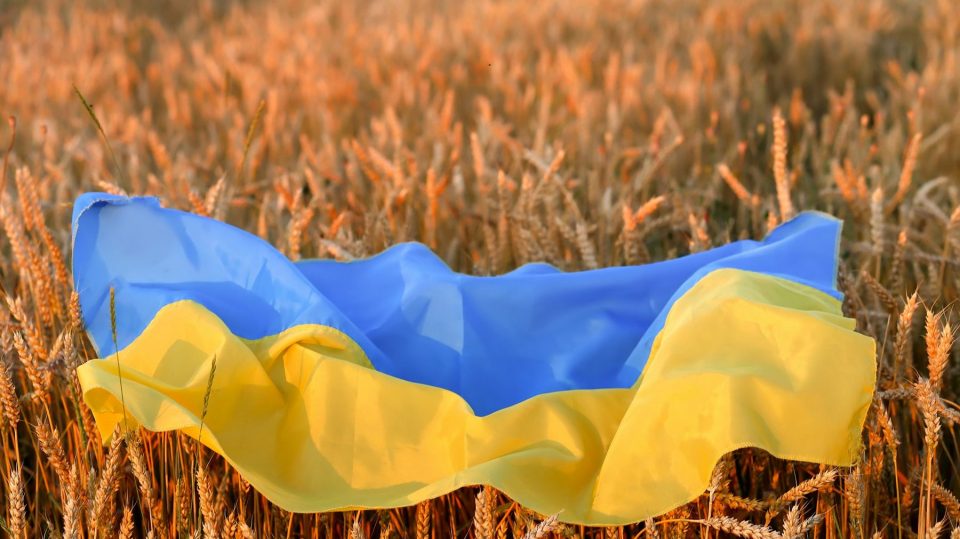The best time to respond to a crisis is almost always before it hits. As the Ukraine war grinds on, the availability and price of energy, commodities, and logistics may be compromised in ways that could profoundly affect your business, which is why you need to act now to limit further potential damage.
Here are 10 steps you should take now to reduce your chance of a major shock later:
1. Understand your energy supplies risk
In recent weeks, we have seen the topic of energy security emerge as a top concern among our clients. How resilient are your energy supplies? What are the government’s policies about energy rationing? Where would your industry rank if rationing begins? As consumer heating and electricity demands increase this winter, industrial users could find themselves facing the devastating impact of a shutdown.
2. Perform cost structure analysis of suppliers
How inflation affects you depends largely on the inputs of your offering. What input costs are likely to change most? If in the past, you relied on Ukrainian steel, car parts, coal, petroleum products, or wheat, you may be facing a particularly challenging time. Given that extended volatile and recessionary periods often last as long as 15 years, it’s important to develop a clear understanding now.
3. Determine if you’re at a cost disadvantage
Some companies and countries outside of Western sanctions are buying Russian oil at a significant discount to the WTI/Brent market price. Is this going to create a cost disadvantage that you will need to find a way to counter? Some analysts forecast that war or no war, energy prices are likely to remain cheaper in emerging markets and higher in the West all the way to 2030, in part due to higher Western renewables energy production costs and subsidies.
4. Screen for supply sanctions compliance
Roughly 50 of the world’s countries have joined in the sanctions against Russia. Suppliers on the sanctions list may find themselves running into regulatory difficulties as they try to sell their offerings in the West. Are any of your offshore partners putting you at risk? How is your enhanced screening and due diligence proceeding? How are you progressing supplier transitions where you have identified potential original of source issues?


